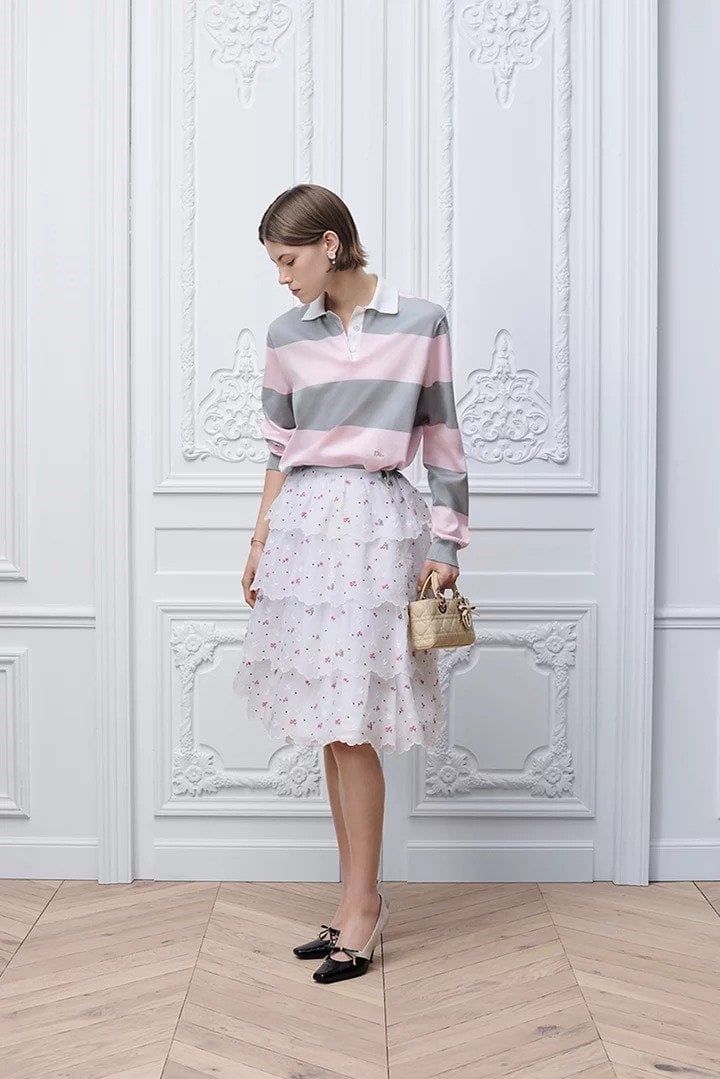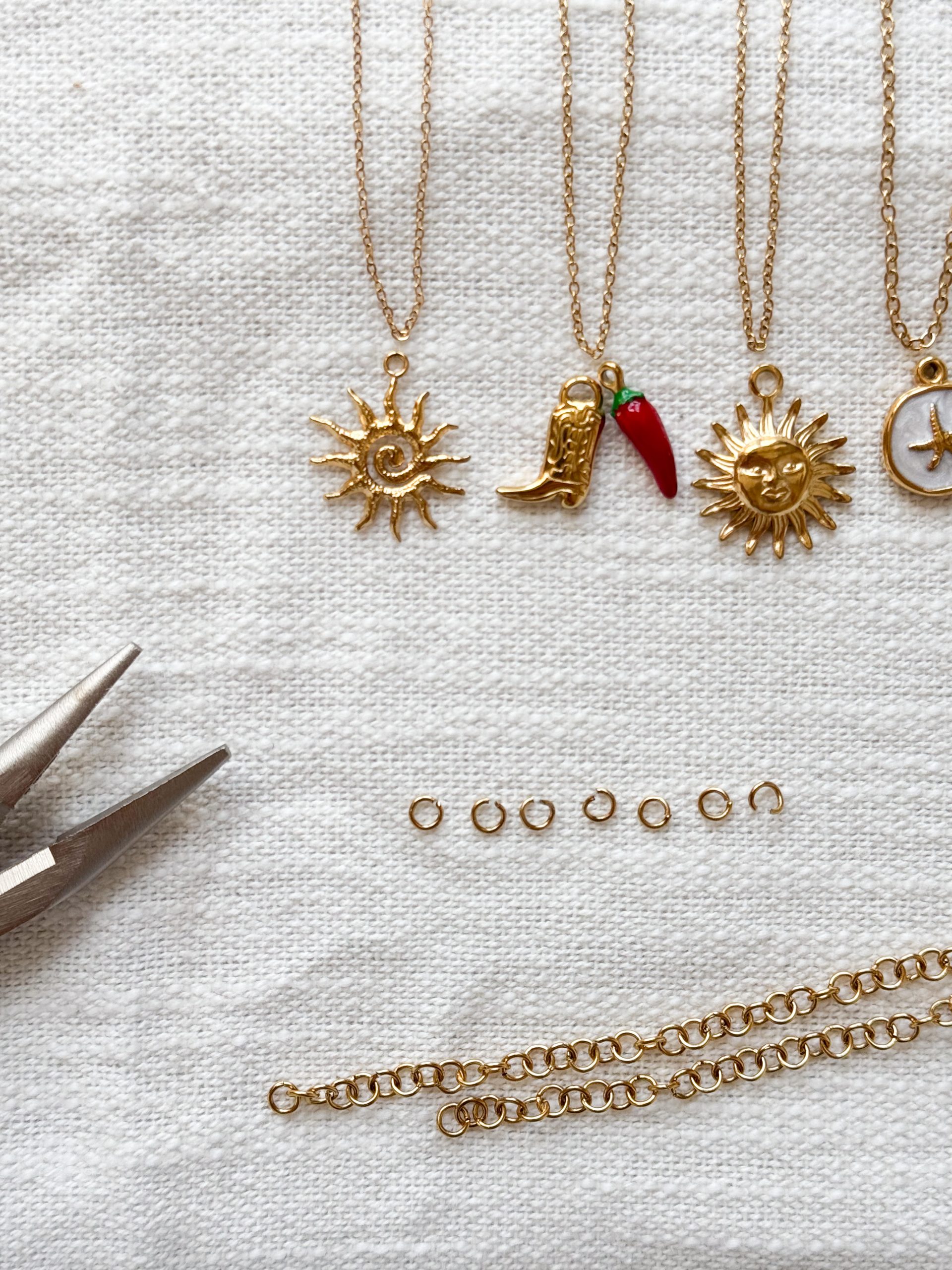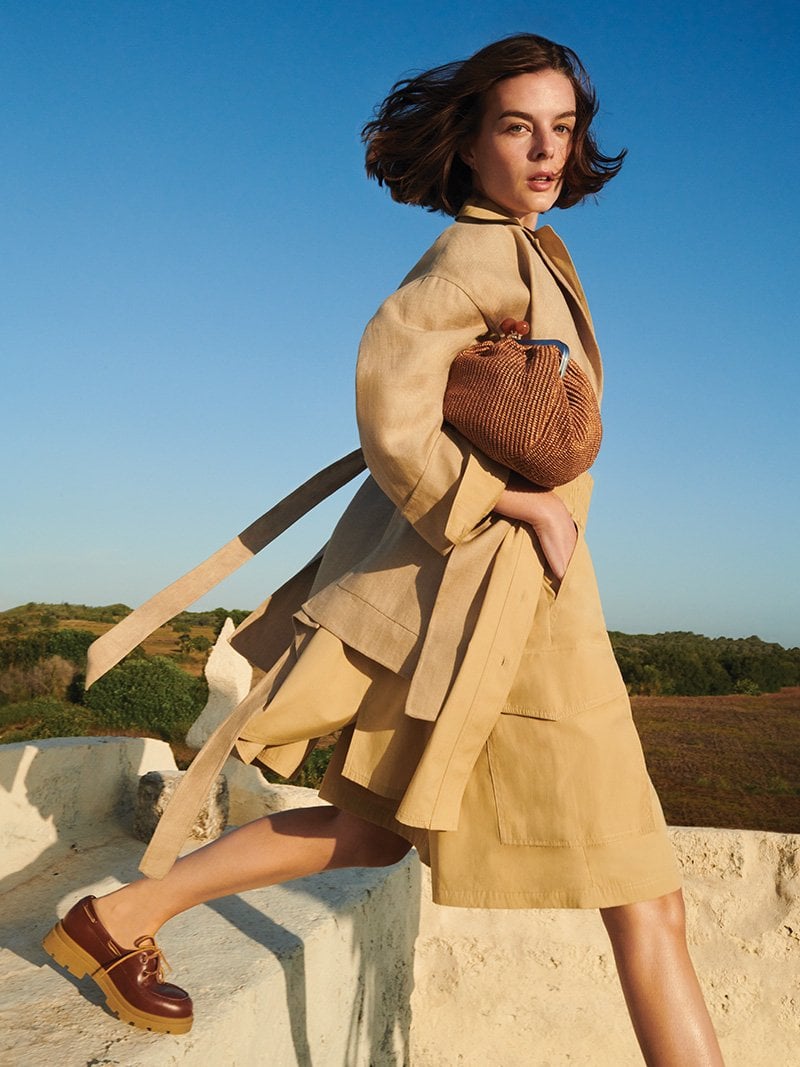
How Modern Luxury Manifests in the World of Fashion
This publication is also available in: Français
English (UK)
Deutsch
Italiano
Español
The concept of luxury has evolved over time, transforming and adapting to the changing expectations of consumers.
In the fashion world, modern luxury is no longer limited to haute couture brands and exorbitant prices.
It manifests in subtle and diverse ways, incorporating elements of sustainability, authenticity, and technological innovation.
Sustainability: A New Paradigm of Luxury
In today’s world, sustainability has become an essential aspect of luxury. Modern consumers are increasingly aware of the environmental impact of their purchases. In response, many luxury brands are integrating sustainable practices into their production. From recycled materials to eco-friendly manufacturing processes, modern luxury is inseparable from environmental responsibility.
Brands like Stella McCartney and Gucci are at the forefront of this trend. The use of eco-friendly materials and ethical practices not only protects the environment but also adds a dimension of social consciousness to luxury.
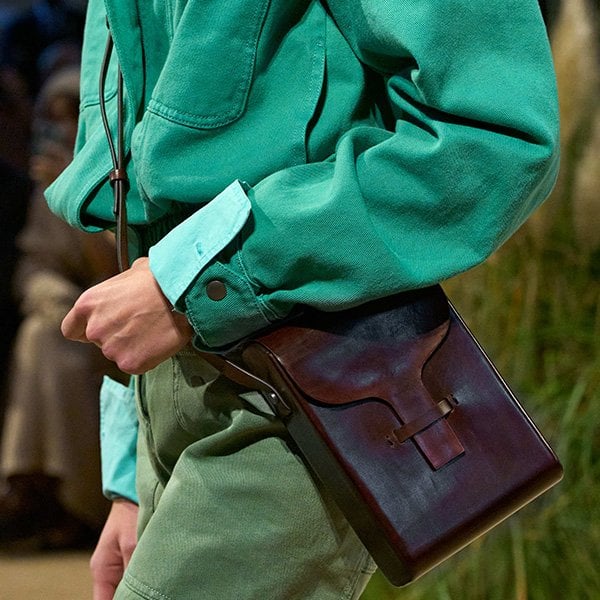
Authenticity: The Value of Heritage and Craftsmanship
Modern luxury also values authenticity and heritage. Consumers seek unique pieces, crafted with exceptional know-how. Luxury brands highlight their history and craftsmanship, creating an emotional connection with their customers.
Authenticity becomes a symbol of luxury, as seen at Max Mara, where the focus is on quality and timeless design. Their collections reflect expertise accumulated over decades, offering pieces that transcend fleeting trends.
Technological Innovation: The Fusion of Tradition and Modernity
Technological innovation also plays a key role in defining modern luxury. Fashion brands integrate advanced technologies to create products that are both functional and aesthetically pleasing. Whether through the use of smart textiles or innovative production techniques, technology enriches the luxury experience.
The Louis Vuitton house, for example, has explored incorporating LEDs into its bags, creating a spectacular fusion of tradition and modernity. This approach demonstrates how innovation can redefine luxury standards.
Customer Experience: Personalization and Exclusivity
The customer experience is another crucial aspect of modern luxury. Brands strive to offer personalized and exclusive experiences to their clients. Tailored services, personalized styling advice, and exclusive events are just a few ways brands create a sense of belonging and privilege.
This is especially true at Hermès, where the customer experience goes beyond the product. Clients are invited to private events and workshops, where they can discover the craftsmanship behind the products. This approach strengthens the bond between the brand and its customers, transforming purchase into a memorable experience.
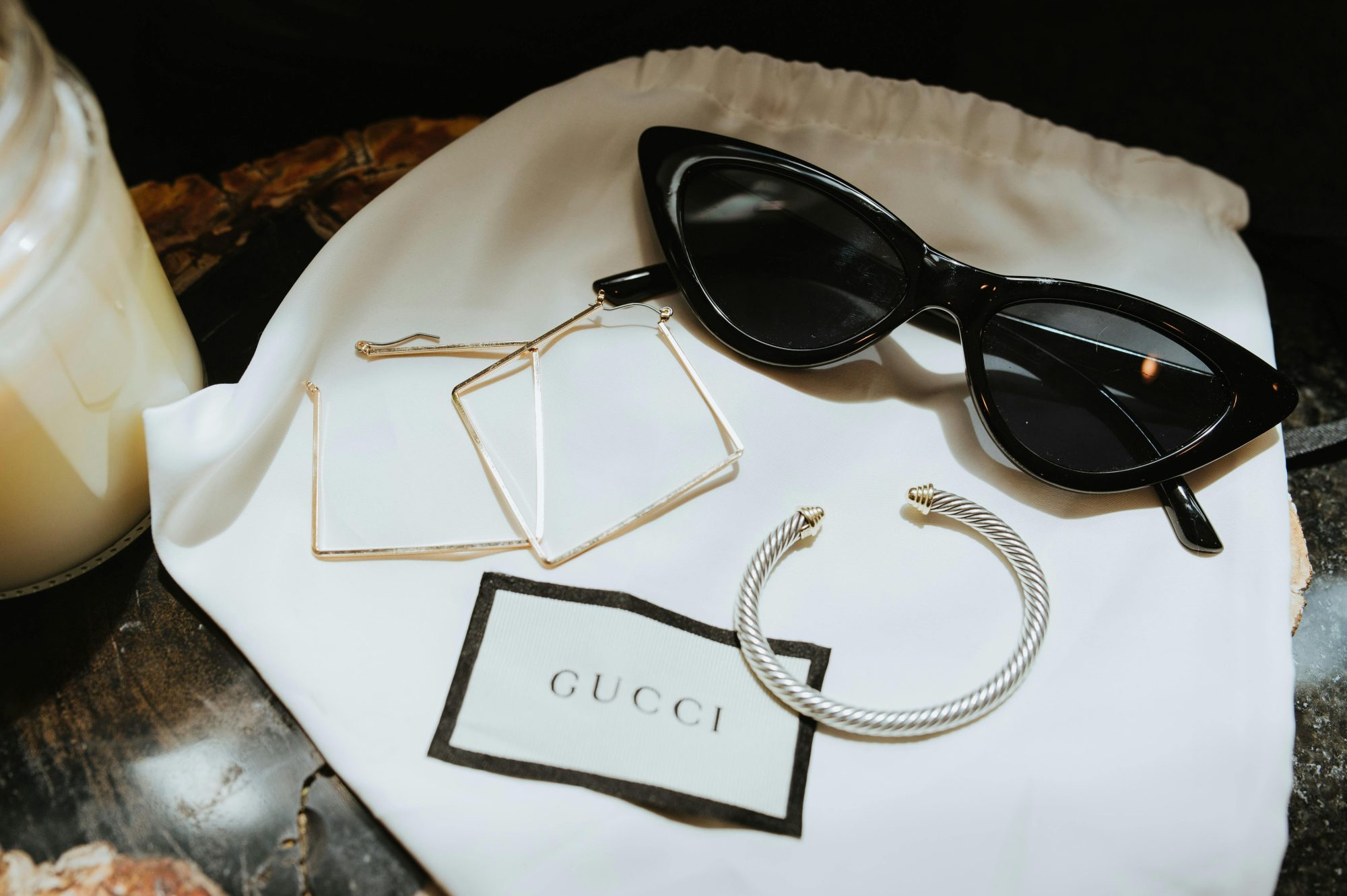
Diversity and Inclusion: A Luxury for All
Modern luxury also embraces diversity and inclusion. Fashion brands recognize the importance of representing a variety of cultures, sizes, and identities. This inclusion enriches the fashion world, making it accessible and relevant to a broader audience.
Gucci has made significant efforts in this direction to promote diversity and inclusion in its advertising campaigns and collections. This approach not only reflects contemporary values but also broadens the definition of luxury.
Conclusion
Modern luxury in the fashion world is a mosaic of sustainability, authenticity, technological innovation, customer experience, and diversity. It is no longer simply synonymous with wealth but embodies a consciousness and social responsibility. This evolution reflects the changing values and expectations of consumers, redefining what luxury truly means today. By embracing these new dimensions, luxury brands can continue to thrive and captivate the imagination of their customers worldwide.

